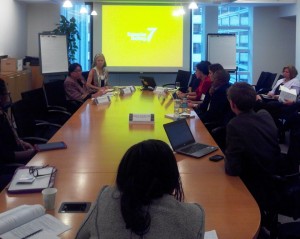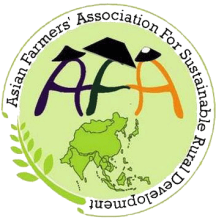Resource information
This paper was prepared for presentation at the “2015 World Bank Conference on Land and Poverty” in Washington DC last March 23-27, 2015 by Violeta P. Corral of the National Confederation of Small Farmers and Fishers Organizations (PAKISAMA), Philippines.
The Gender Evaluation Criteria (GEC) project was jointly implemented by PAKISAMA and Asian Farmers Association (AFA), support by the International Land Coalition (ILC).
Under the project, land tools were assessed for their gender-responsiveness using the Gender Evaluation Criteria (GEC) framework developed by the Global Land Tool Network of the UN-HABITAT.
The land tools selected were:
Comprehensive Agrarian Reform Law (CARL of 1988);
Comprehensive Agrarian Reform Program Extension with Reforms (CARPER of 2009);
Magna Carta of Women (MCW of 2009);
and Guidelines Governing Gender Equality in the Implementation of Agrarian Reform Laws and Mainstreaming GAD in the Department of Agrarian Reform (DAO 01, Series of 2011).
The methodology used was participatory assessment with Farmers Organization (FO) leaders and NGO/POs of agrarian reform advocates.
The land tools were scored on the basis of 6 criteria and sets of indicators –
Equal participation;
Capacity development;
Legal and institutional considerations;
Social and cultural considerations;
Economic considerations; and
Scale, coordination and sustainability.
Recommendations were drawn to improve the gender-responsiveness of the land tools and promote women’s equal land rights.


